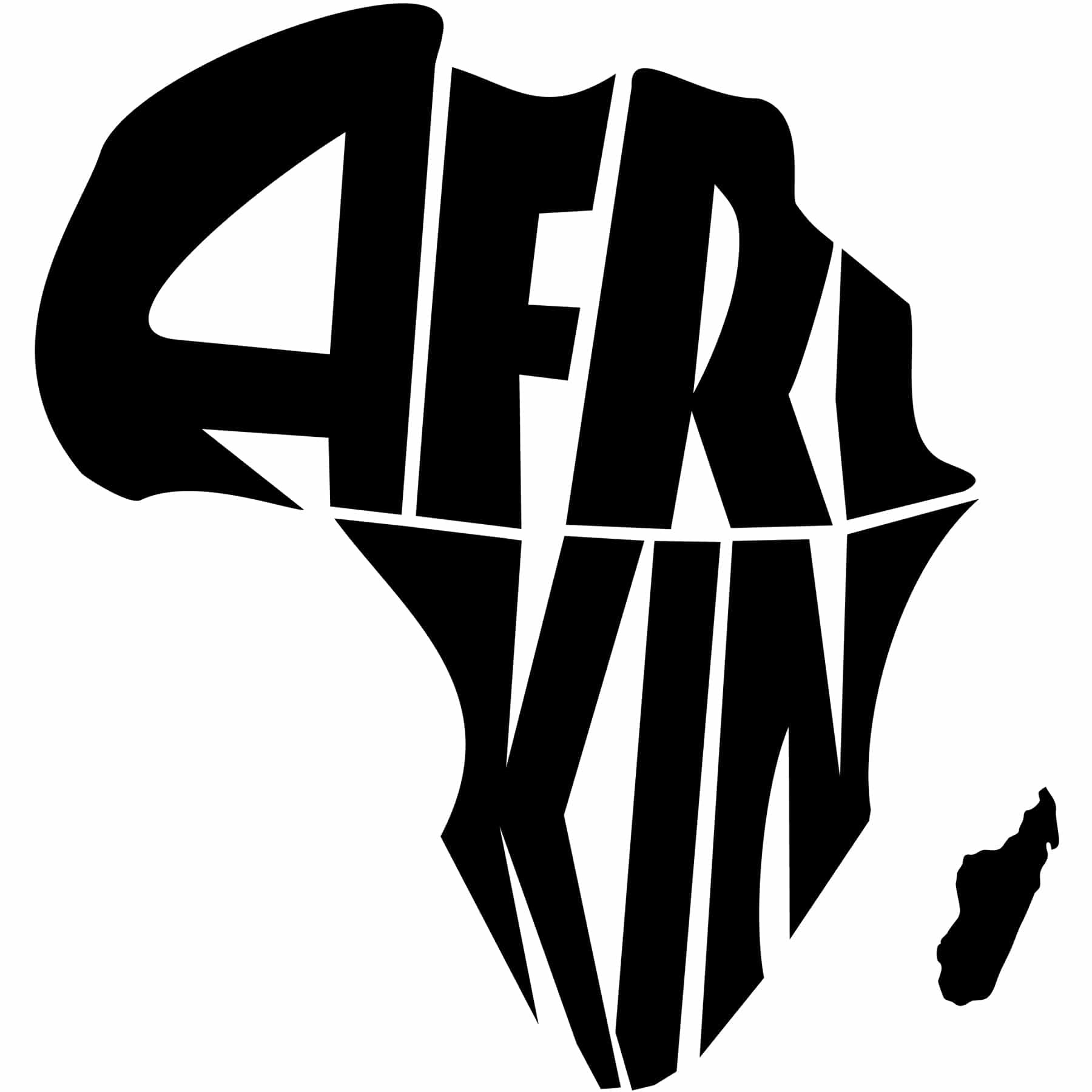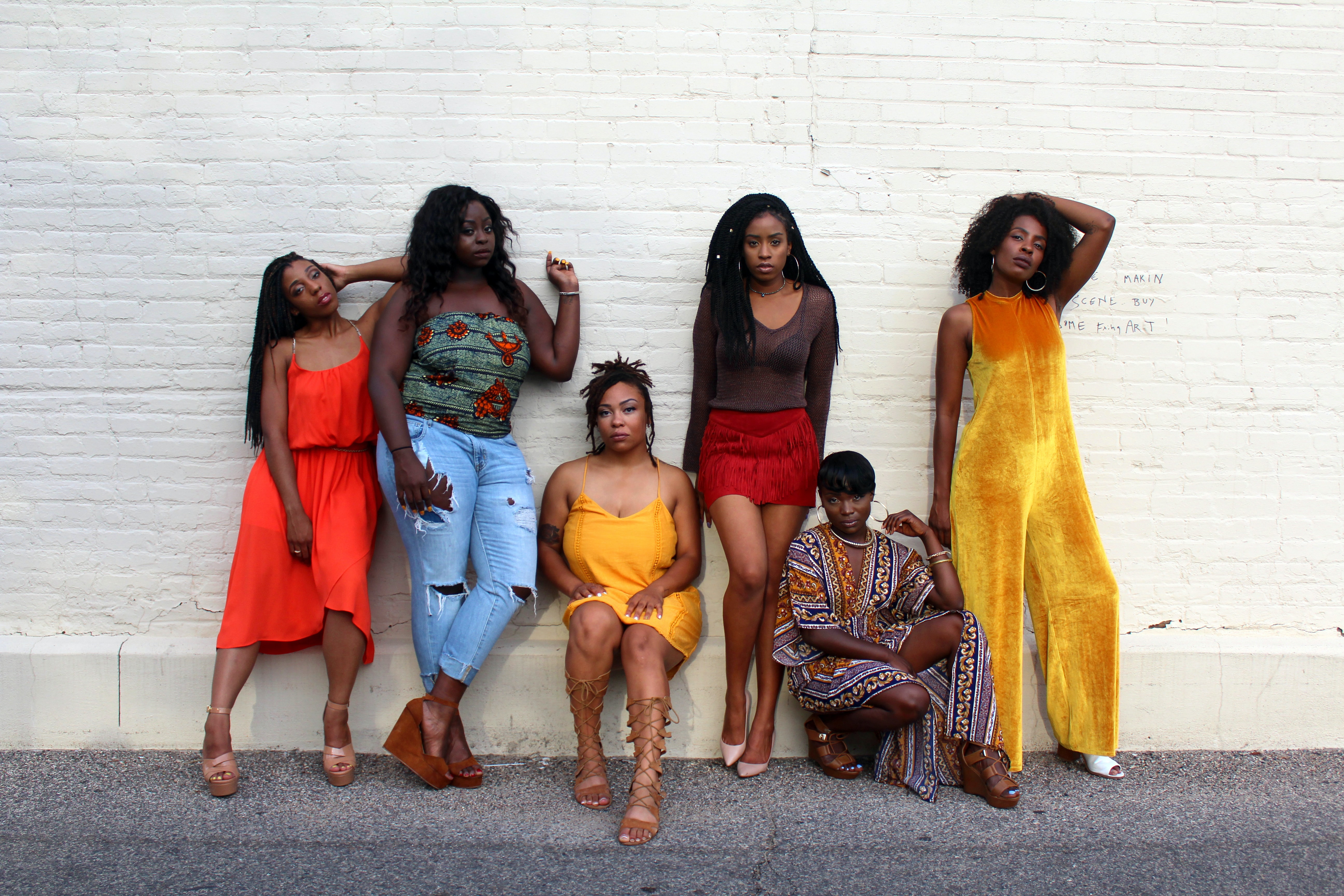Who are the gatekeepers?
Who (or what) are the leaders championing Black Culture in today’s America? Whether it be art, fashion, music, or food – who are the protectors? The cultivators? The path-makers? Are they non-conformists, breaking molds and blazing new trails? Are they working within the establishment to create and carve out a space previously denied? Is it a little of both?
- Is it Pamela Joyner? Pamela is an art collector and art advocate whose mission to reimagine the contemporary art canon includes making space for Black artists in previously denied places.
- Is it Jon Gray? Described as a “culinary evangelist,” his Bronx-based collective Ghetto Gastro is focused on igniting conversations about race, class, and inclusion via the medium of food.
- What about Uwonda Carter? She is a prominent, Atlanta-based attorney who represents musical artists and makes sure they get the credit and compensation they deserve. In Think’s Conversation About Gatekeepers and Black Art, she shared: “Now to represent these Black creatives, who are not only able to take advantage of being paid what they are due but now are able to do more in different genres of music. I love it.”
- Is it the Planet Afropunk music festival? A safe space designed to celebrate and support Blackness and “provide a new way to experience the next generation of Black creativity, music, and culture.” Or how about the Black and Brown Collective, a Chicago-based duo battling the whiteness of their city’s punk scene.
- Is it an institution like the National Museum of African American History and Culture? The first and only national museum dedicated to the African-American experience, its five floors and 350,000 square feet is the culmination of a 100-year struggle to tell the world the whole “story, contributions, and achievements of a people whose history had been ignored for so long.”
- Perhaps it’s Chrissy Rutherford? She used her experience in the fashion industry to launch a business that consults fashion and beauty brands on implementing anti-racist communication strategies.
Each of these people – and institutions – plays a critical role in the preservation, celebration, and advancement of Black culture in America. Some may be unconventional. Some may be more conservative. But they are like-minded in their cause.
What do you think? Who do you consider a gatekeeper of Black Culture in America?

